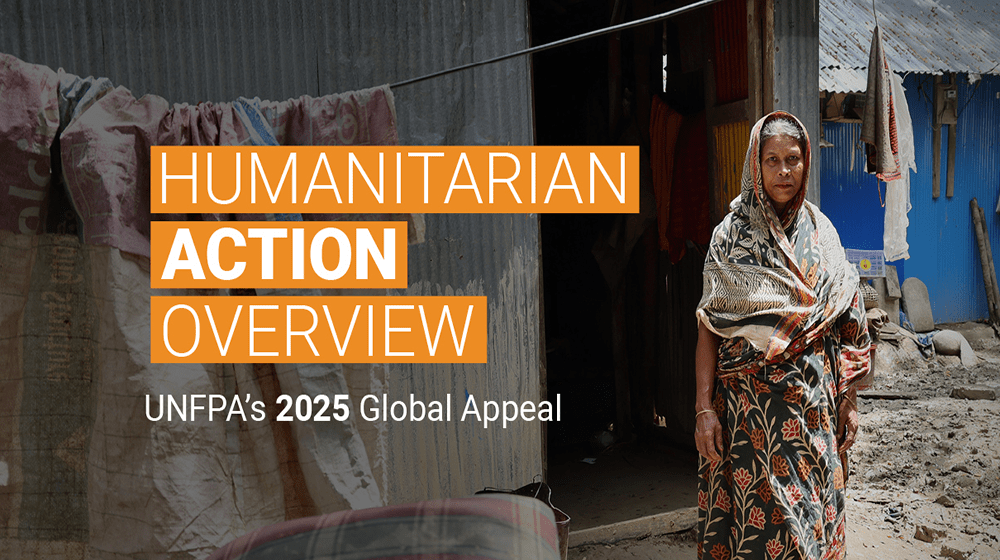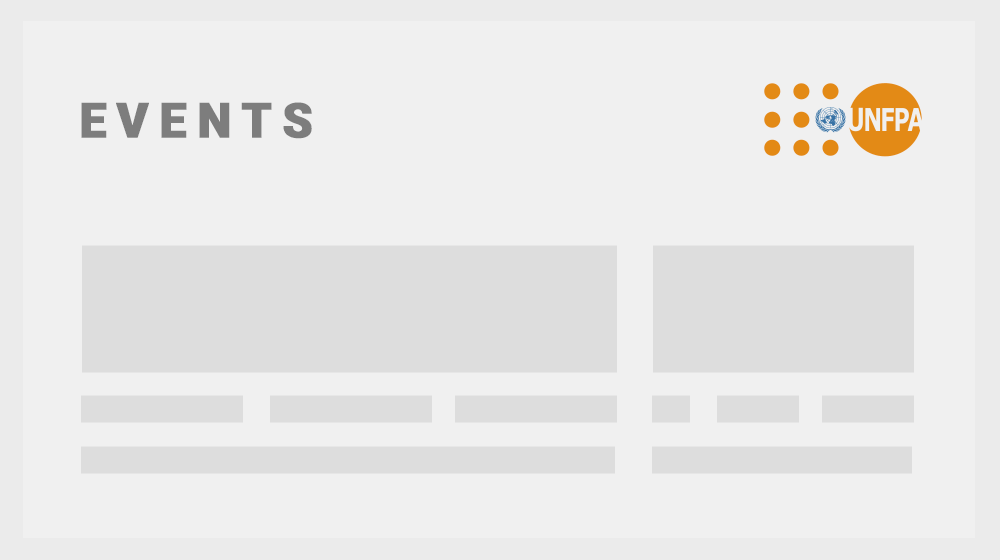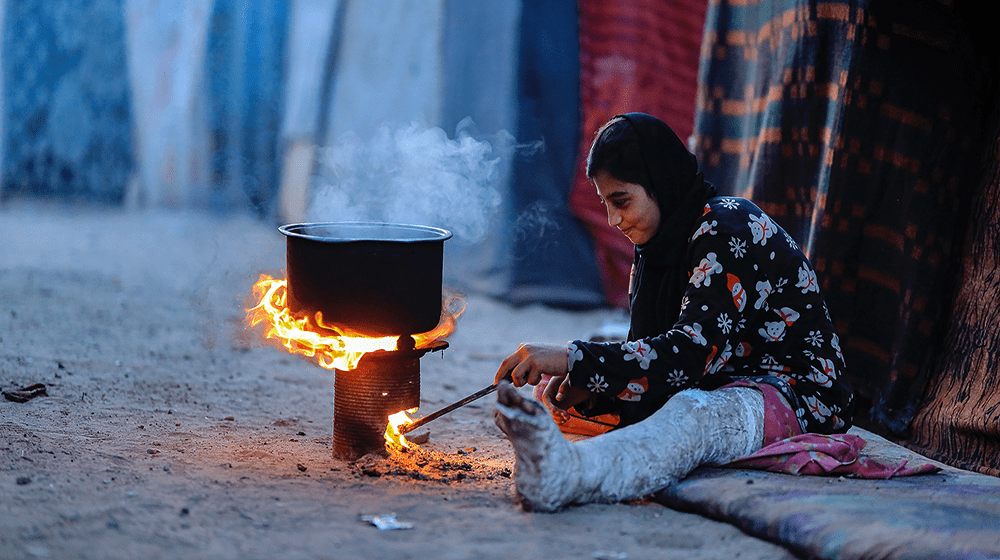
Healthcare under fire in the Middle East
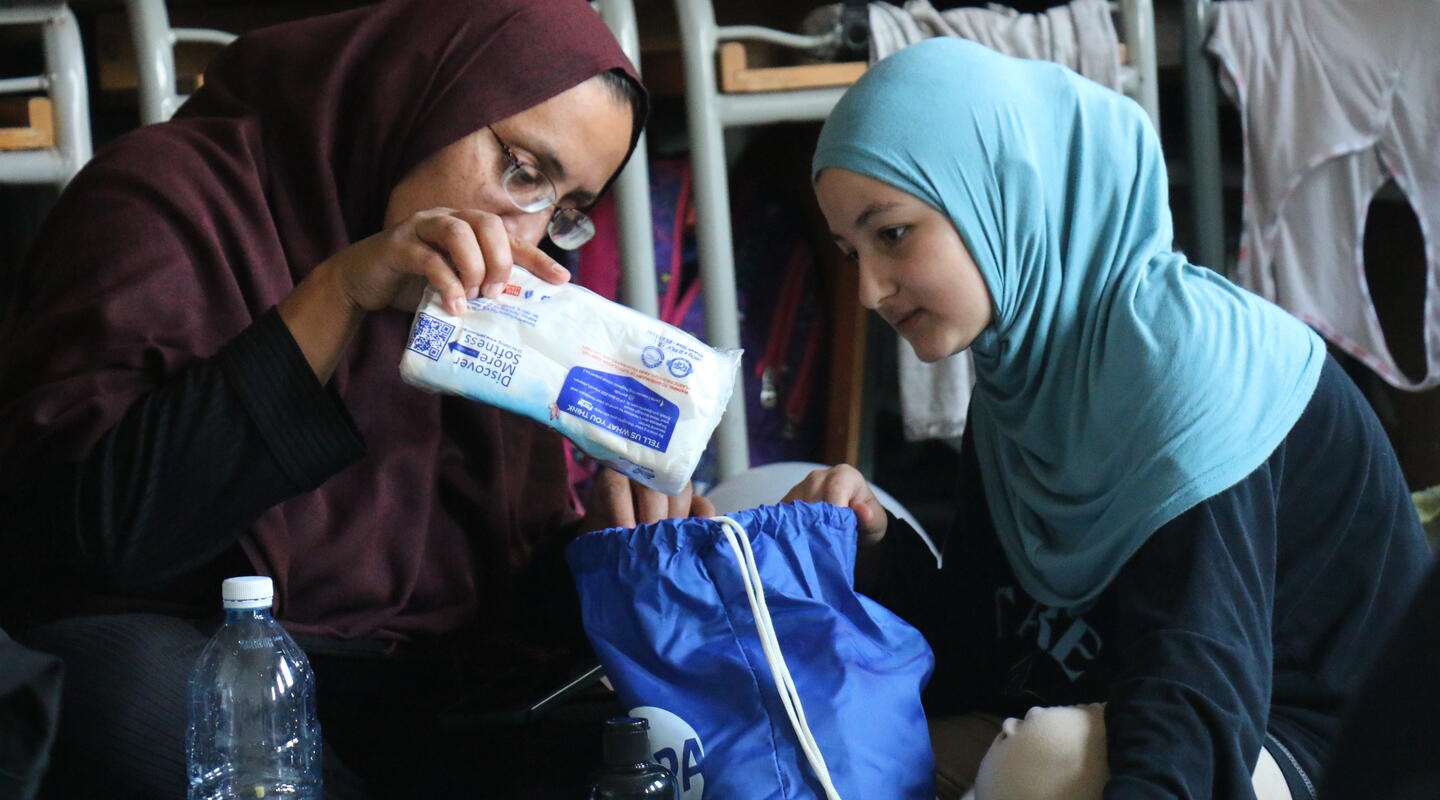
“The night became day, bright as if the sun had risen,” said Samah, a 28-year-old mother of three, recalling a recent air strike in Lebanon.
Having undergone a Caesarean section just days before the strike, Samah fled for the Syrian border. When her car couldn’t get past a crater in the road from another strike, she and her children were forced to continue on foot. “I wrapped my stomach with a clean cloth, carried my son and went down to the border,” she said.
Fortunately, Samah was able to get to a clinic at the border. A medical team supported by UNFPA, the United Nations sexual and reproductive health agency, examined her surgical wound and assured her that both she and her newborn were in good health. “I felt hope again,” she said. “They gave me antibiotics, nutrients – and more than that, they gave me a sense of safety.”
Samah was among the lucky ones to access care. Conflict and violence across Lebanon, Gaza and the West Bank – encompassing direct attacks on health clinics, hospitals, medical workers and even ambulances – have thrown healthcare systems into crisis and violated the rights of women and girls. As UNFPA Executive Director Dr. Natalia Kanem has stated, “Healthcare is a fundamental human right. Civilians and civilian infrastructure must be protected. They must never be a target of war.”
Here, an inside look at the medical crisis in the Middle East, and the ways UNFPA is striving to provide support.
Lebanon
“We decided to either live together or die together,” Ola* told UNFPA, describing how she and 46 members of her extended family fled their village on the southern border of Lebanon.
Cramming themselves into five cars, they drove for 14 hours in clogged traffic before finding refuge at a university that had been turned into a shelter in the suburbs of Beirut. “It was devastating leaving our home, but we needed to stay strong for our children,” Ola said.
To help cope with the trauma, she and her family attended psychological first aid sessions provided by UNFPA partner Amel, a humanitarian organization focused on health and human rights. The family has also been wracked with worry over whether Ola’s pregnant niece will be able to give birth safely.
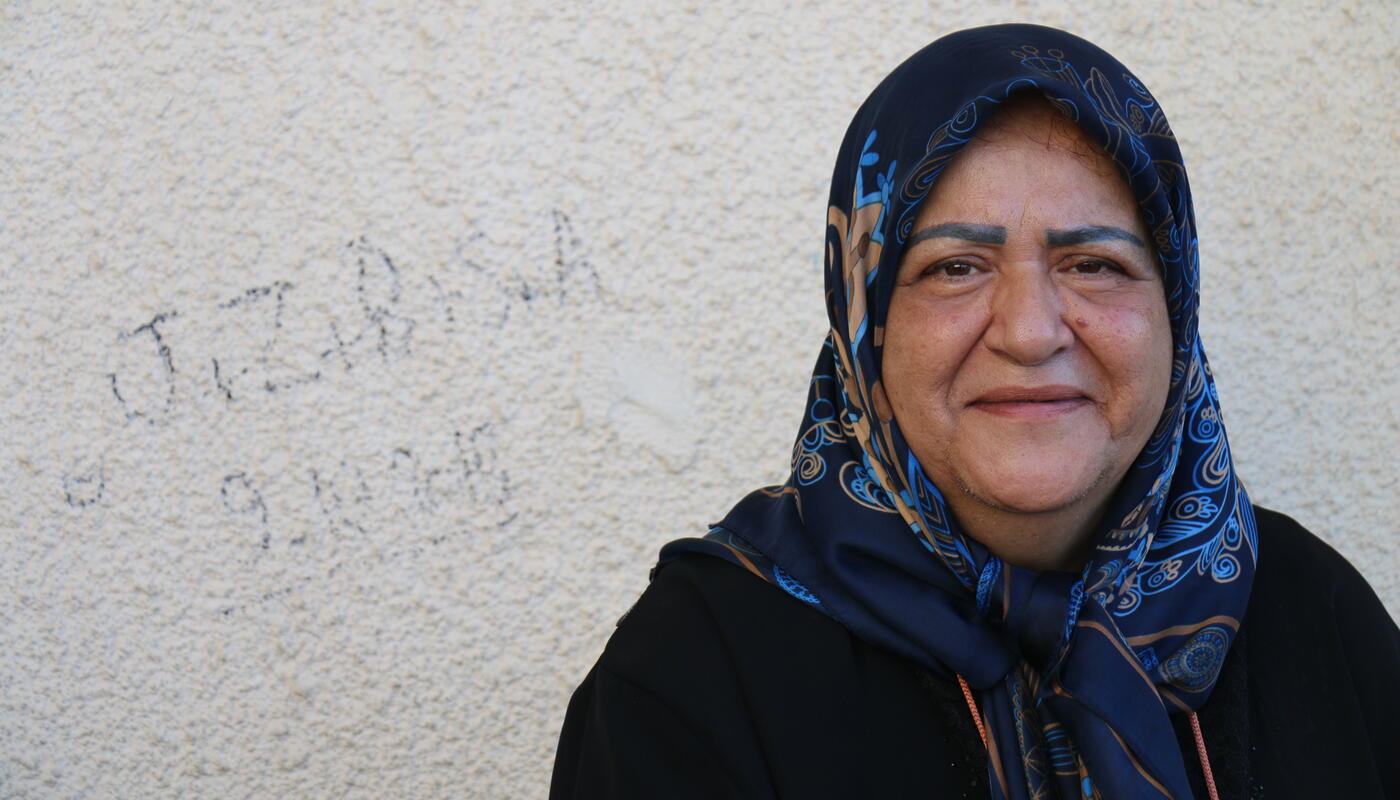
Indeed, access to maternal healthcare in Lebanon is a growing challenge. The escalating violence continues to push the country’s already overwhelmed health system to the brink. One hundred health facilities and seven hospitals have been closed to date, and an additional four hospitals are only partially functioning.
UNFPA has been forced to shutter six of 16 primary healthcare centres, including one in the Beirut–Mount Lebanon area – which had provided reproductive services to 300 women per month before it was hit by an air strike in October – as well as a mobile unit that brought reproductive healthcare to hard-to-reach areas of the country. Safe spaces for women and girls have also come under fire, including one in the Hay Sellom suburb of Beirut, which was destroyed by a recent air strike.
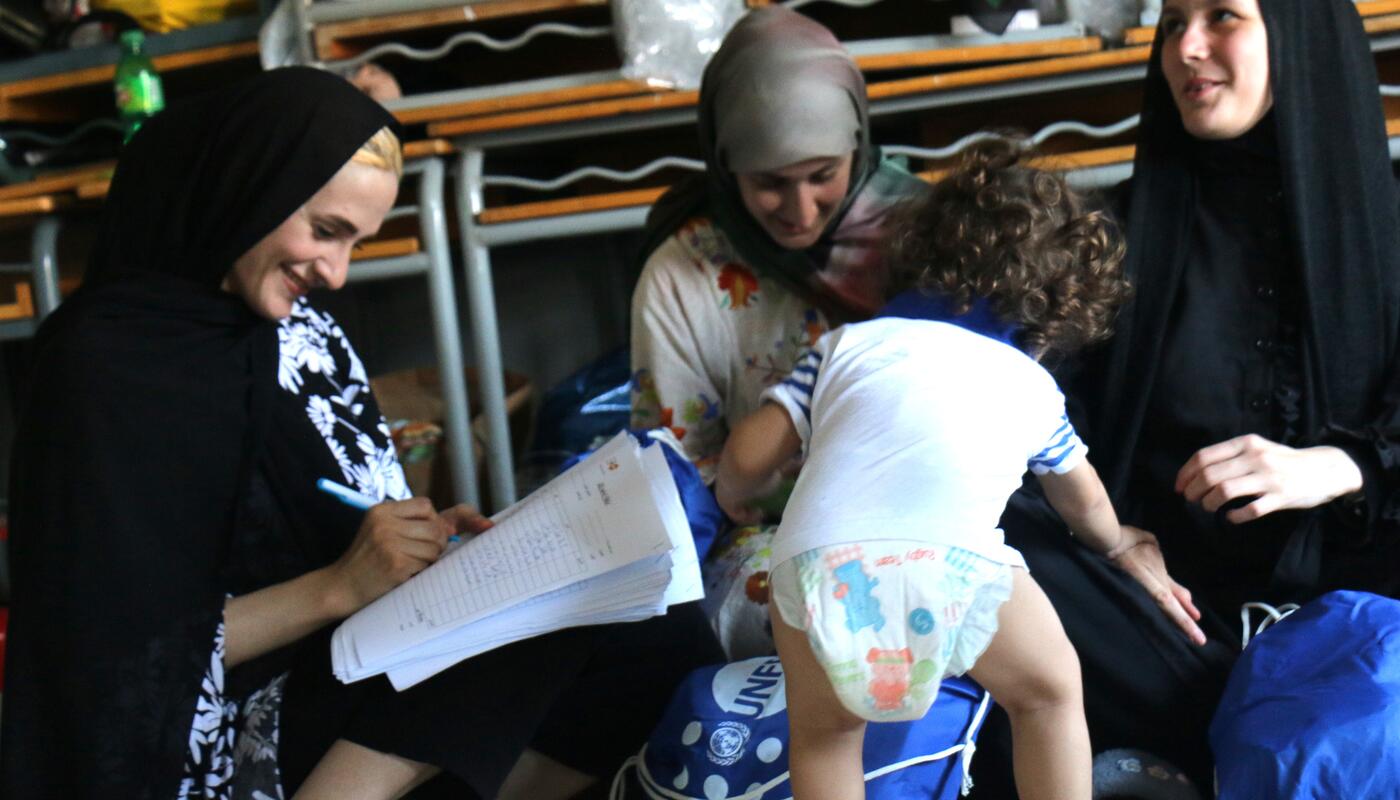
Damaged infrastructure, road blockages and disrupted supply chains are also hampering the delivery of life-saving aid.
Amid the chaos, displaced people are fleeing their homes without identity documents or medications. Around 11,600 pregnant women have been impacted by the escalation in hostilities. Many are gripped with fear and anxiety, as they lose contact with their care providers and wonder how and where they will deliver.
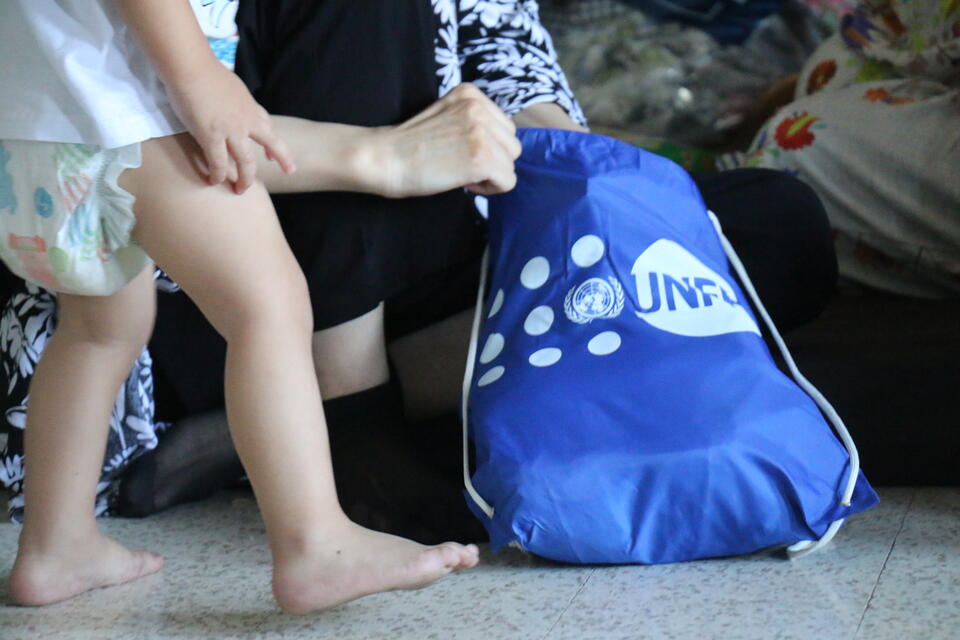
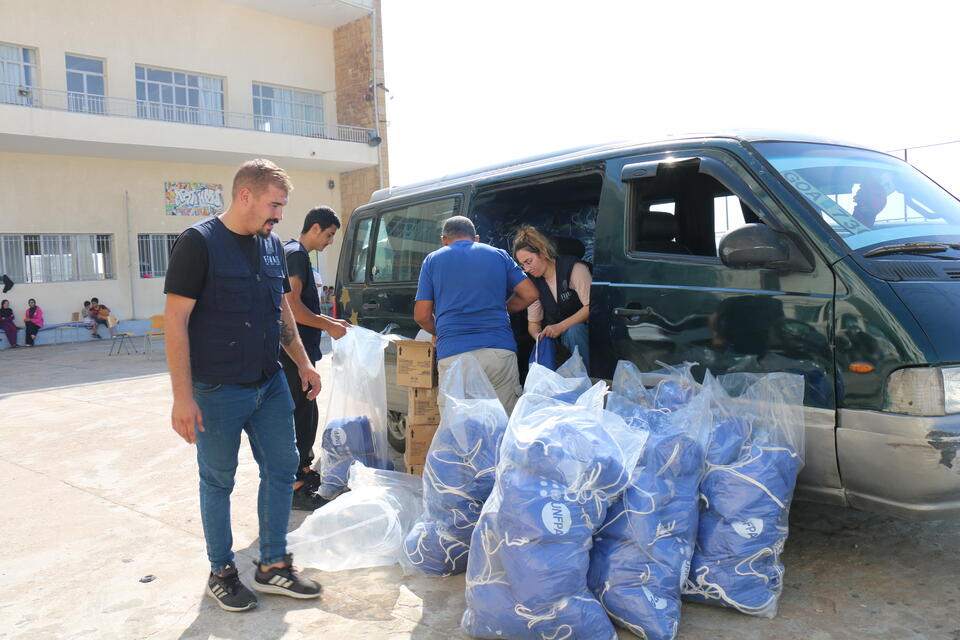
UNFPA, through its partners, is supporting 30 hospitals with equipment and supplies for reproductive healthcare, including emergency obstetric care, among its wider response.
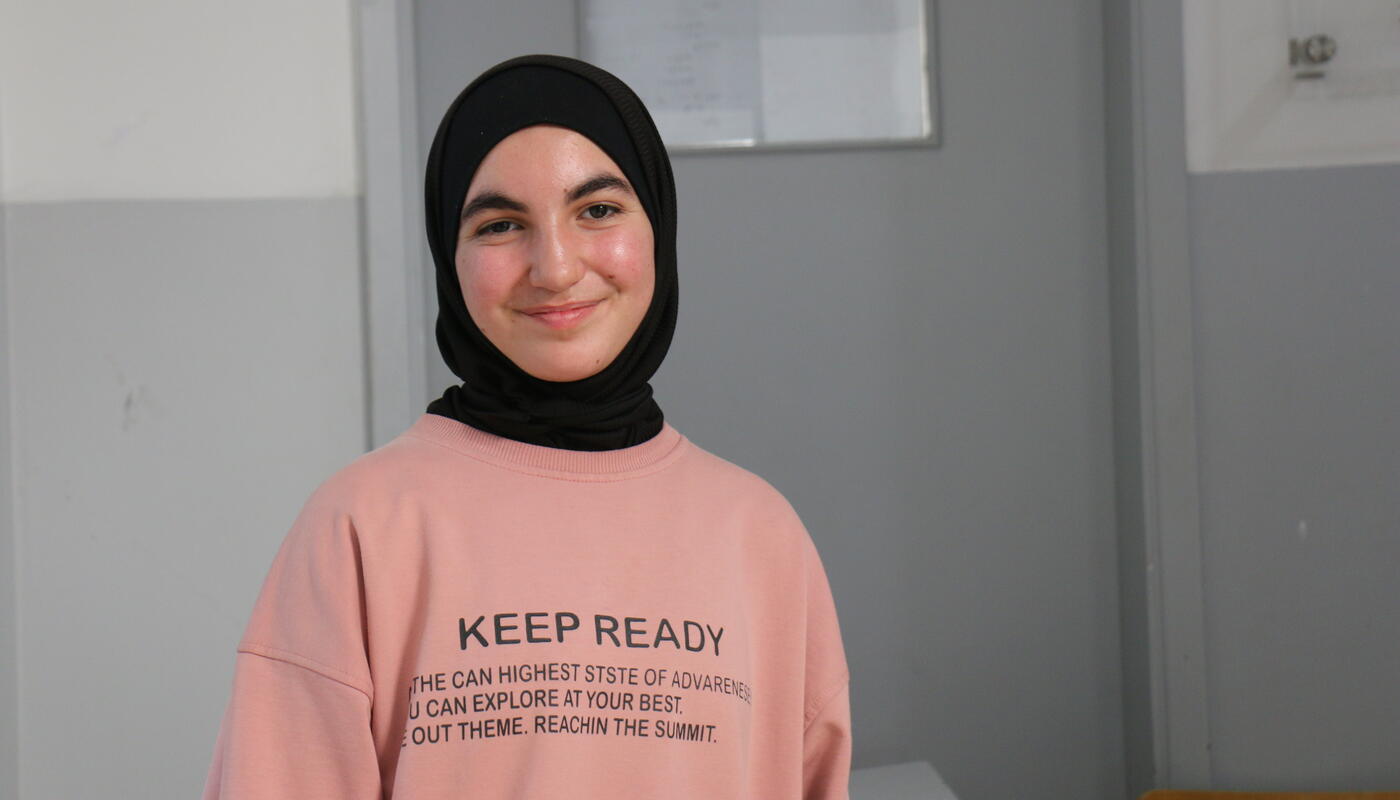
Syria
The hostilities in Lebanon are also spilling over into Syria, a country that has been suffering from its own crisis of conflict for more than 13 years. Around 440,000 people have fled Lebanon into Syria since late September, including some 6,700 pregnant women.
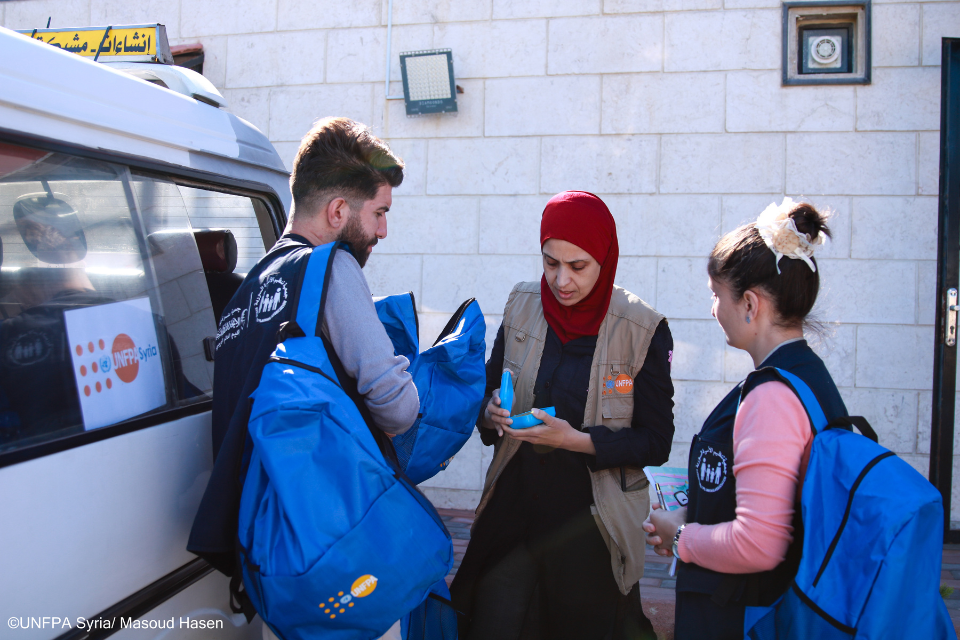
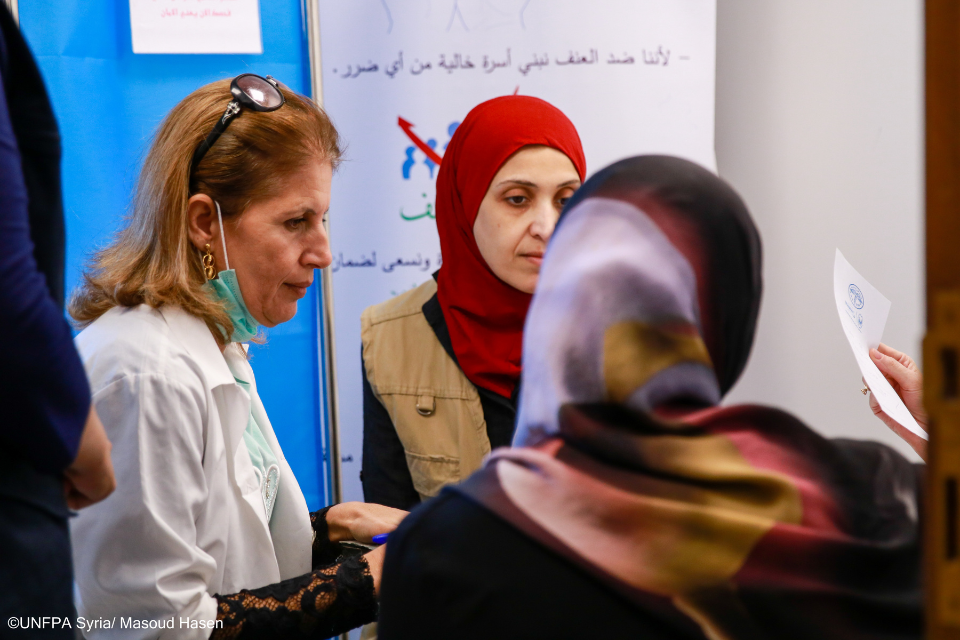
The influx of people into Syria adds another layer of complexity to an already strained humanitarian situation. With an economy shattered by years of war, humanitarian needs are at their highest since conflict broke out in 2011. Health facilities have been the site of attacks; nearly half are partially or completely damaged. Chronic shortages of medical equipment and essential medicine, compounded by limited human resources, have exacerbated a dire situation.
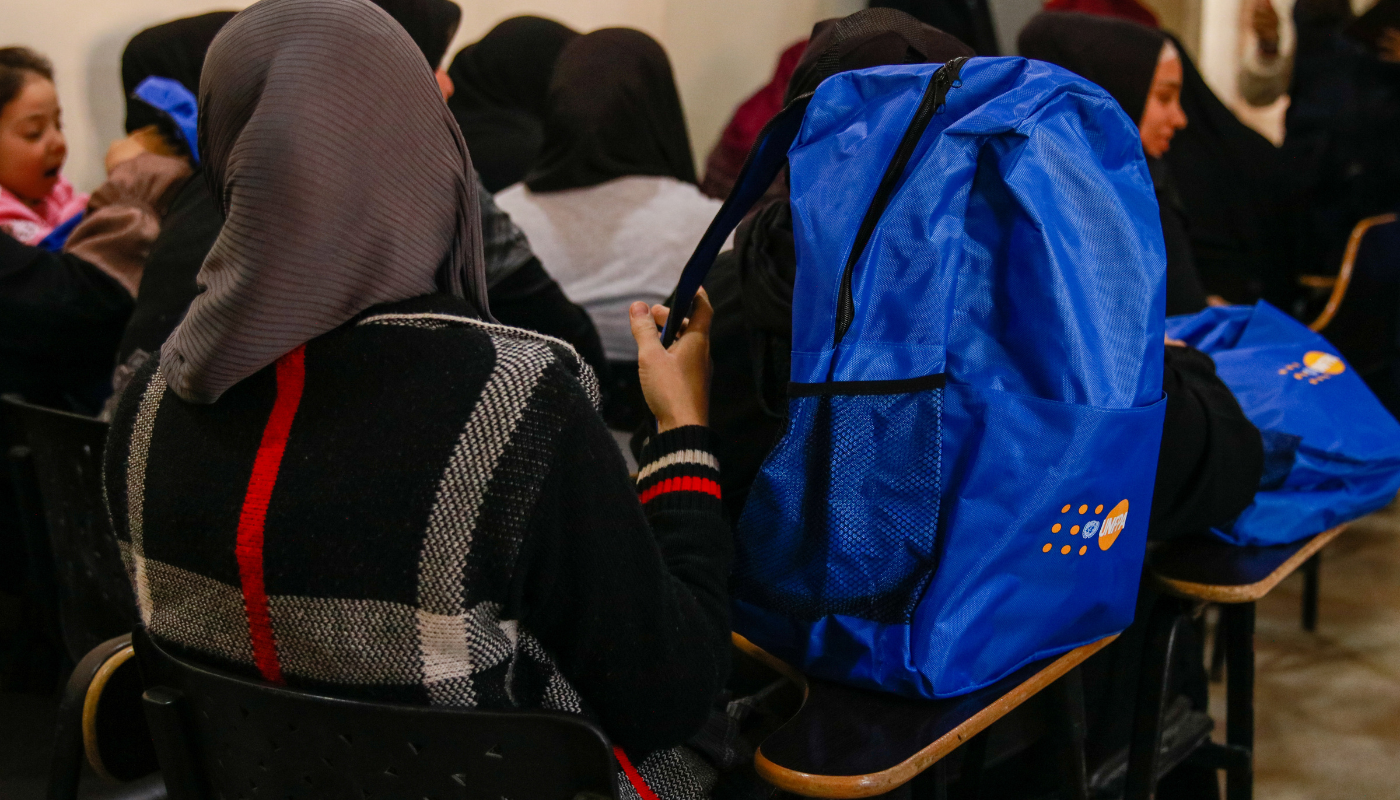
Stress, fear and exhaustion have especially impacted pregnant women, who face challenges in accessing antenatal care, obstetric services and postnatal care, especially in rural areas.
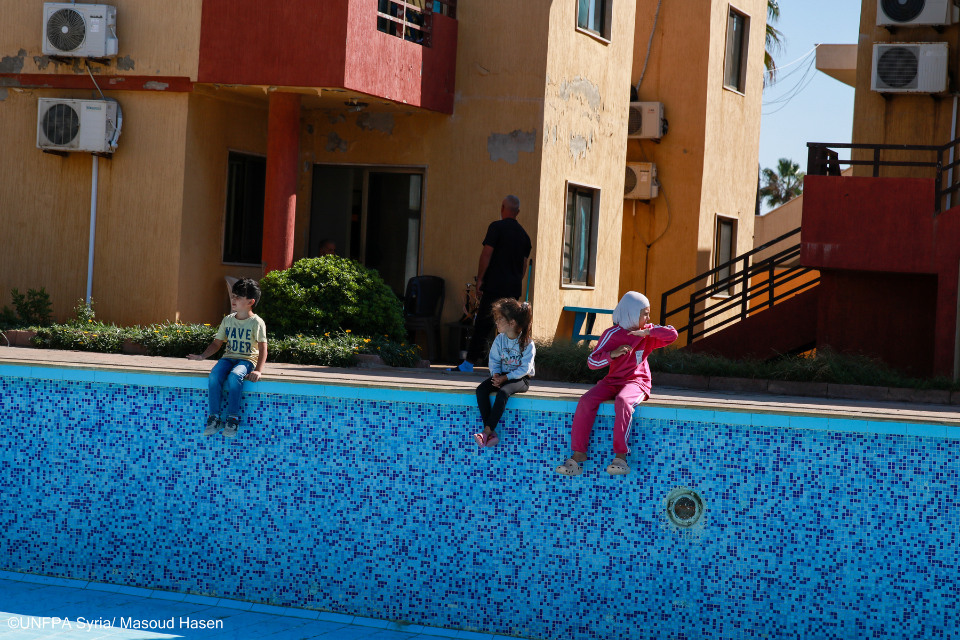
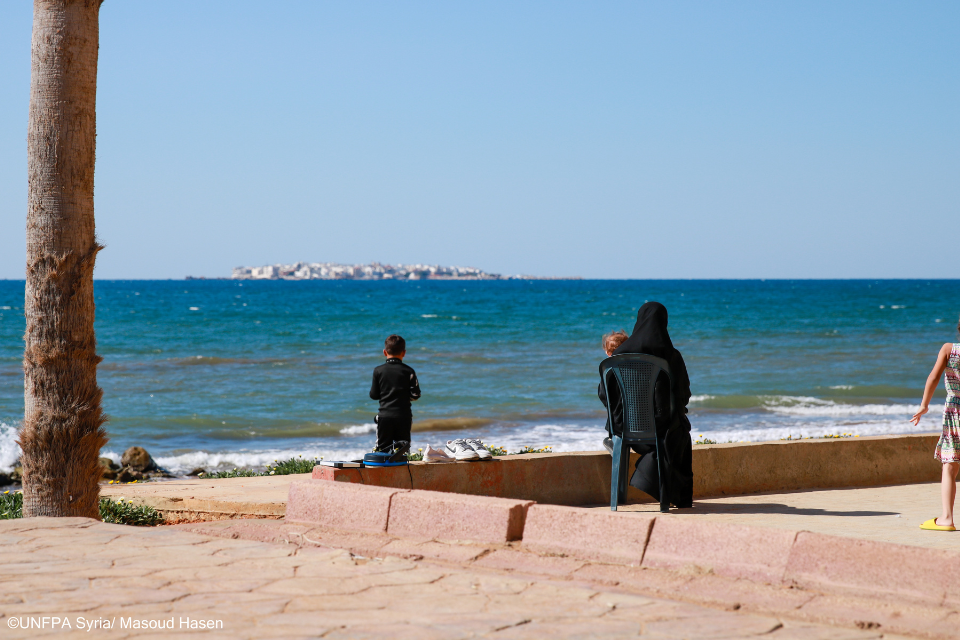
UNFPA has provided four mobile clinics to the health ministry and deployed a network of midwives to the region. The agency is also supporting partner organizations that are operating a total of 38 health facilities, 20 safe spaces and 43 integrated mobile teams.
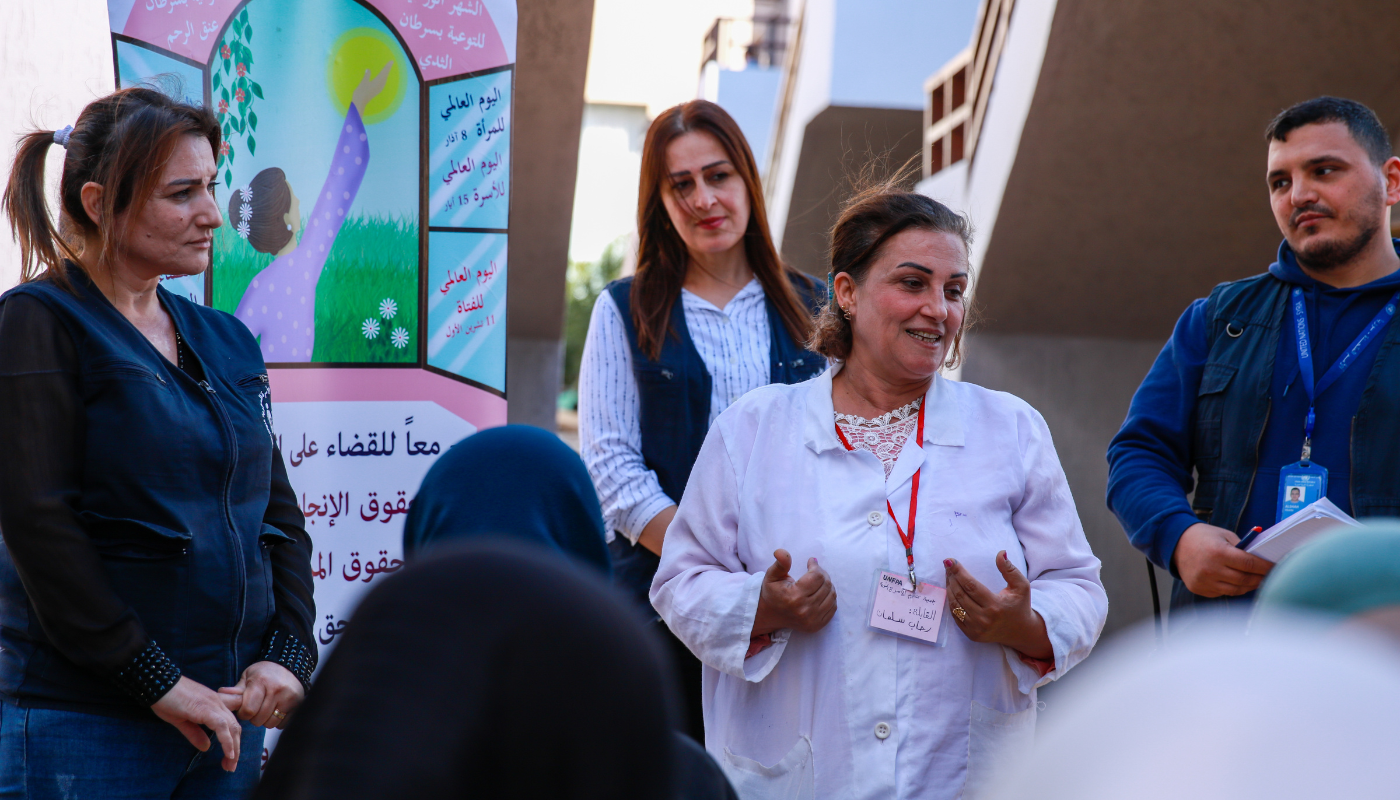
Gaza
Conflict has shattered Gaza’s health system, with hospitals, staff and ambulances attacked, besieged and starved of supplies, equipment and fuel. No hospitals in Gaza remain fully functional; 17 out of 36 hospitals are partially functioning.
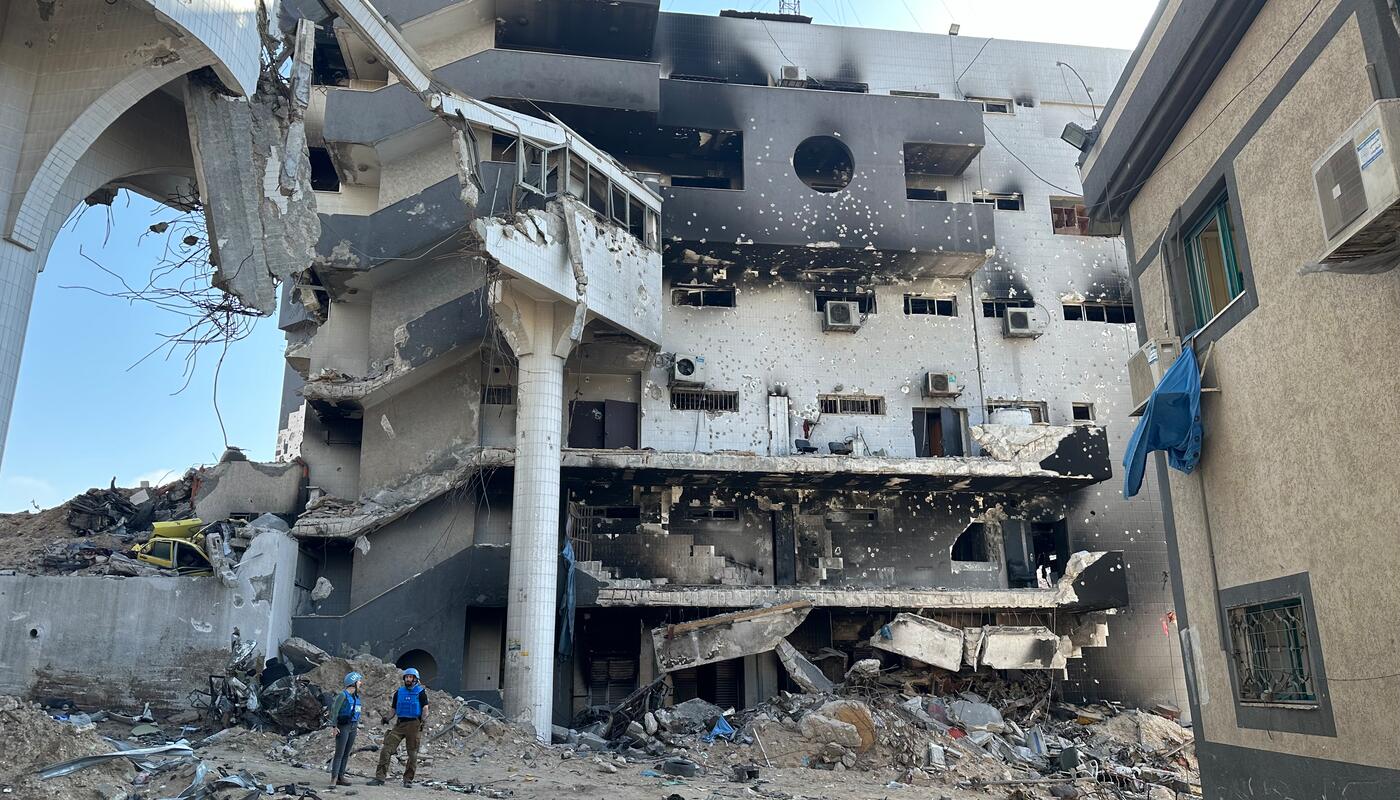
Some 155,000 pregnant and breastfeeding women across Gaza are facing major obstacles to accessing prenatal and postnatal care; as a result, they are increasingly dealing with life-threatening complications during pregnancy and childbirth amid a shortage of essential medications.
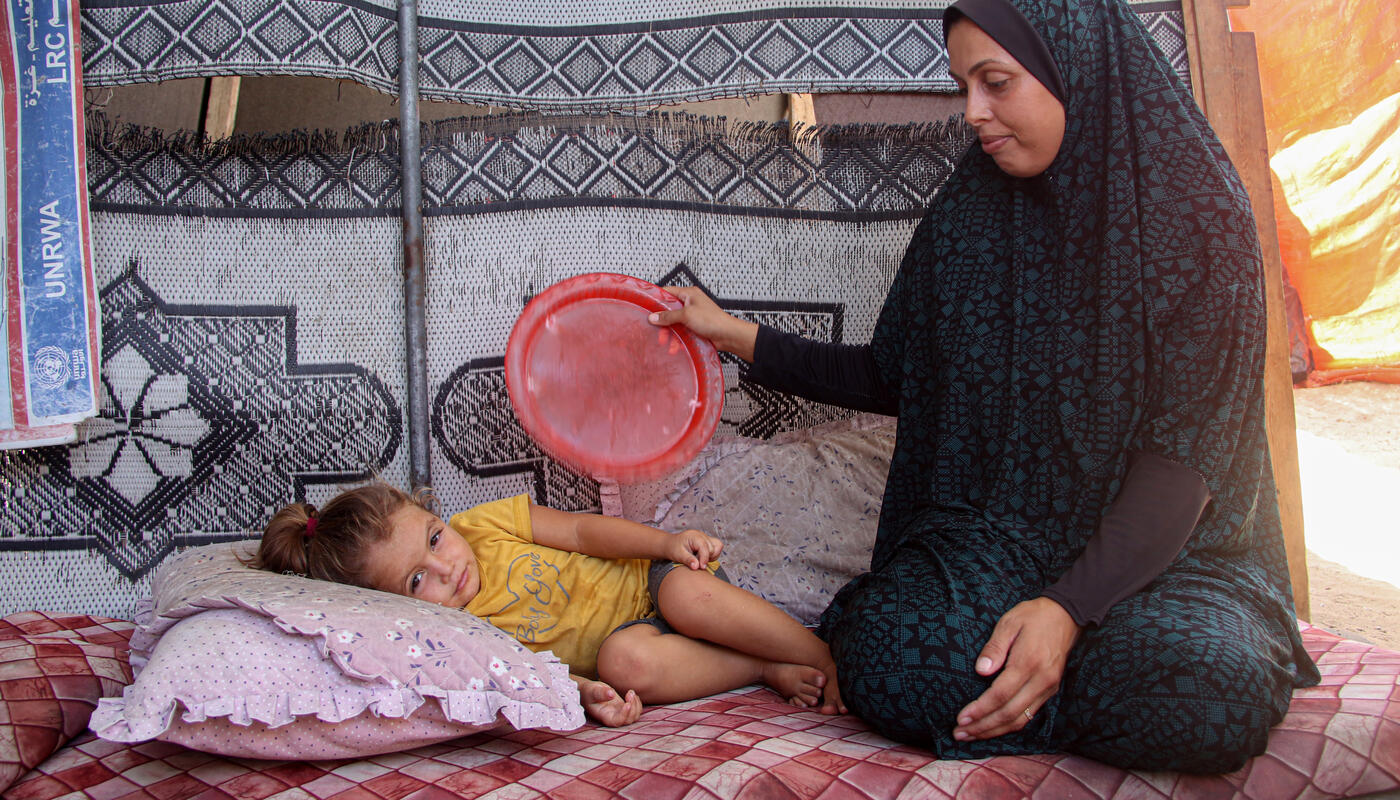
In northern Gaza, hospitals have been under siege, with only two out of 10 operating in any capacity amid dire shortages of medicines, food, fuel and water. At Kamal Adwan Hospital – the main facility for emergency obstetric care in the north – an air strike wiped out the facility’s last remaining medical supplies. Patients have died in these attacks, and healthcare staff have been injured and detained.
At Al Awda Hospital, a woman was killed shortly after giving birth when the ambulance she was traveling in – the hospital’s last vehicle – was targeted. Her newborn survived. The hospital has water supply for only two hours a day, and is desperately short of medical supplies.
The attacks have further diminished access to maternal healthcare for the estimated 4,000 pregnant women in the area. Across Gaza, reports of women dying during or shortly after childbirth, and women giving birth alone without medical care, are increasing.
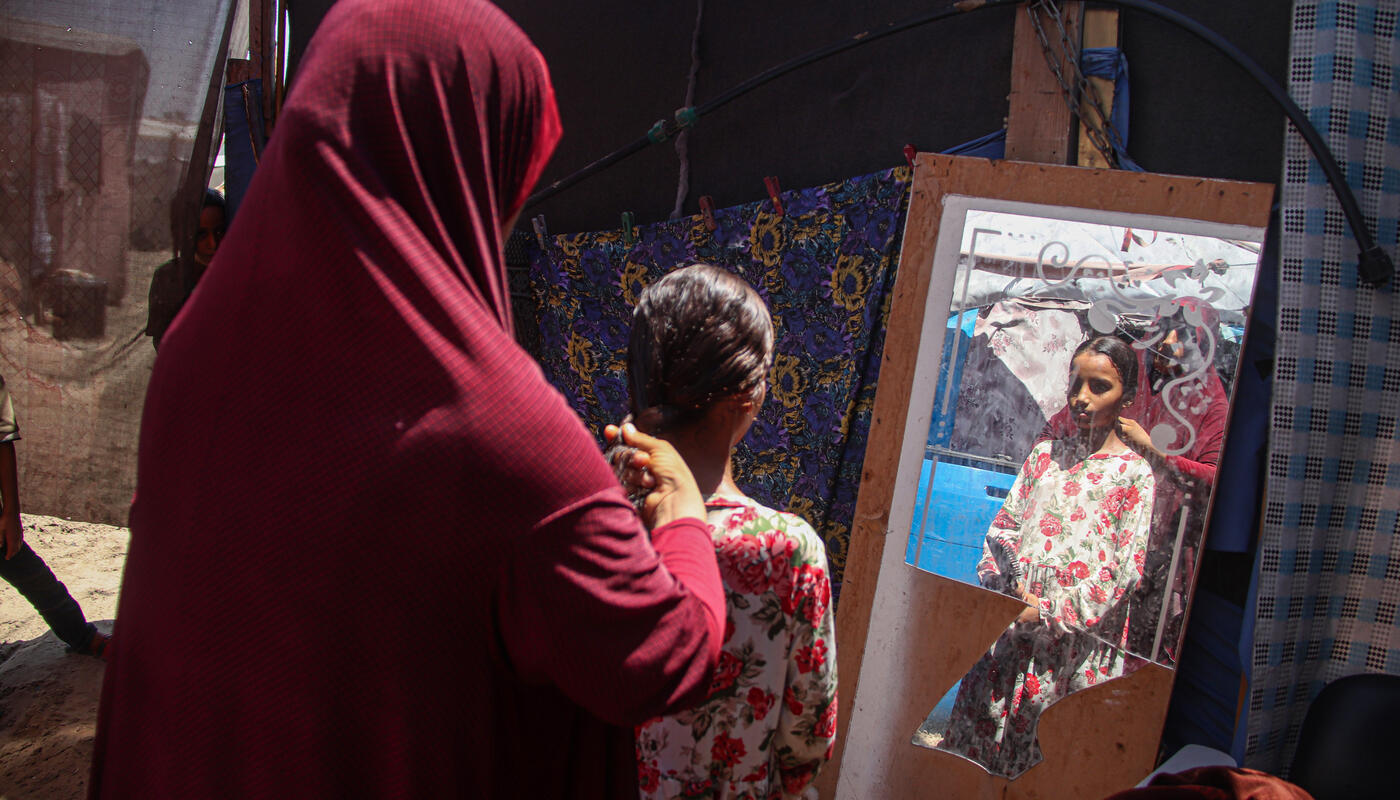
UNFPA continues to face significant challenges in delivering supplies across Gaza. This week, eight trucks carrying life-saving reproductive health medicines, including for emergency obstetric care, as well as 9,000 dignity kits, managed to make it into Gaza, but the supplies were a drop in the ocean compared to spiraling needs.
Many desperately needed supplies remain stuck in trucks at the border or stockpiled in warehouses in Egypt, including 900 inter-agency reproductive health kits, which contain supplies for safe births and emergency obstetric care; 51 high-performance tents, generators and ultrasounds; 60,000 hygiene and dignity kits; 6,400 postpartum kits; and more than 1.2 million menstrual pads.
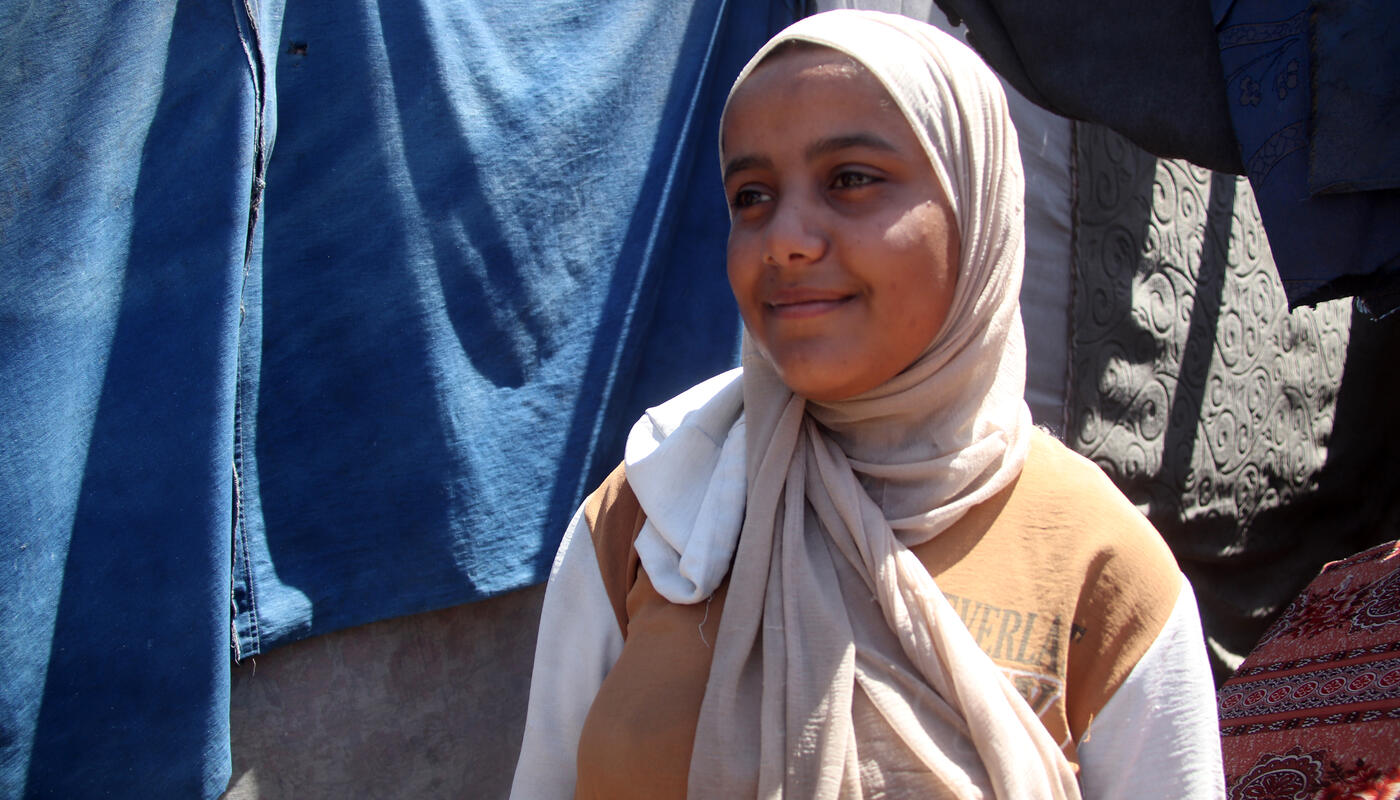
UNFPA calls for hospitals to be protected, for the immediate lifting of aid restrictions into Gaza, for the approval of additional routes for the safe transport of cargo and for the protection of humanitarian and health workers in Gaza.
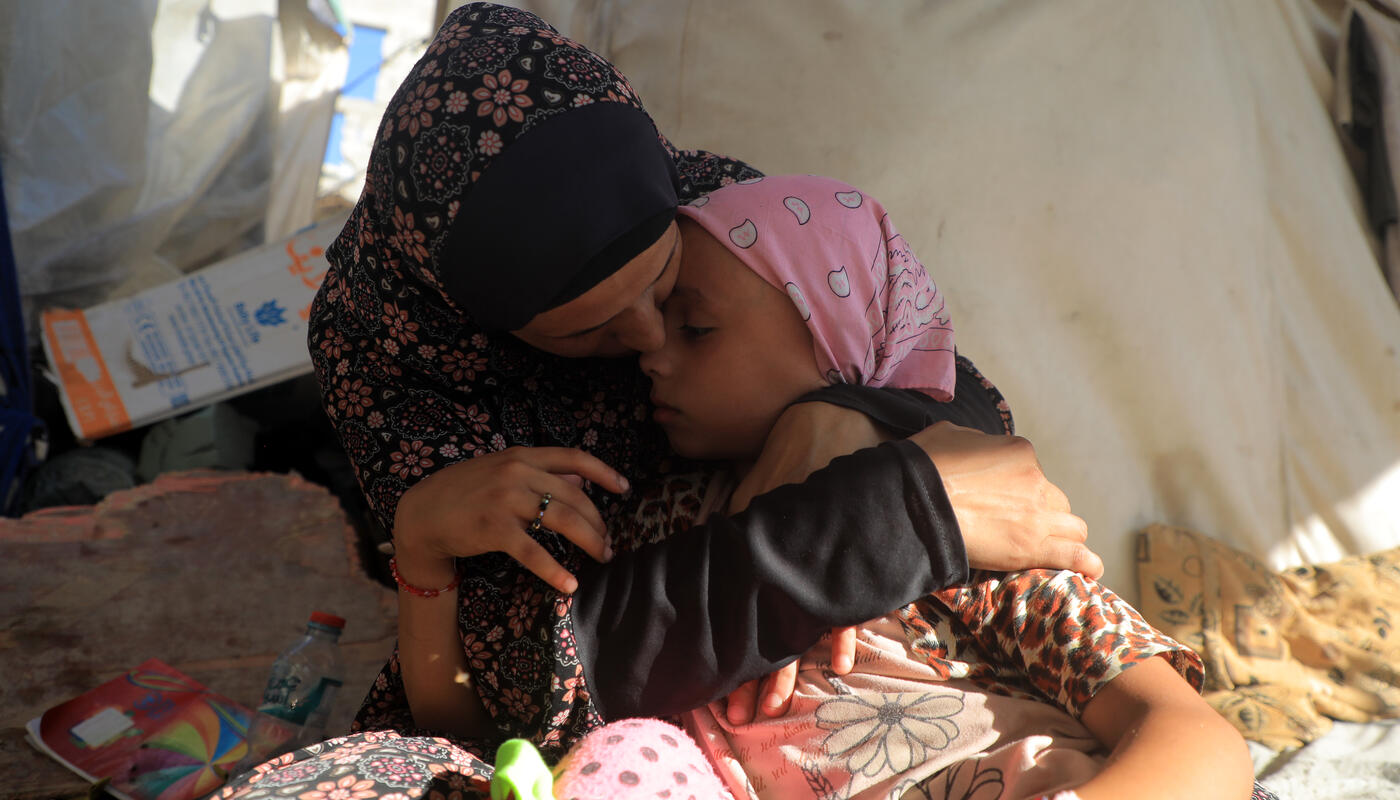
The West Bank
While conflict continues to rage in Gaza, Palestinians in the West Bank and East Jerusalem are experiencing a growing health crisis. Curfews, attacks on healthcare facilities and stepped-up restrictions on people’s movement are obstructing access to services.
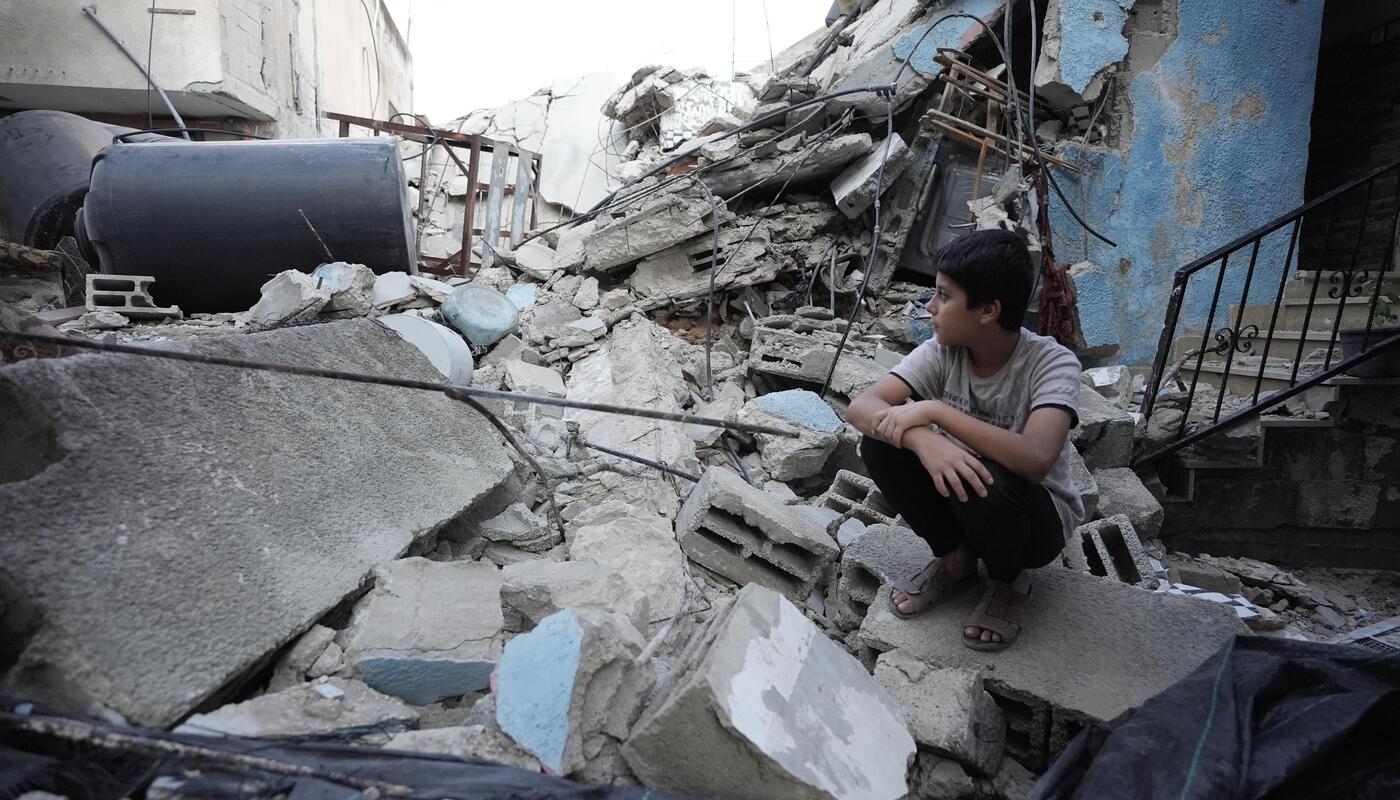
An estimated 73,000 pregnant women live in the West Bank. For those who live in insecure areas, getting to a health centre for antenatal and postnatal care, or to a hospital to deliver safely, is proving extremely difficult. Checkpoints have served as obstacles to care. In one instance, paramedics transporting a woman in labour from the Arroub refugee camp to a nearby hospital were forced to take a circuitous route when they were refused passage through a checkpoint. The woman gave birth on the way, her newborn arriving into the world on the roadside.
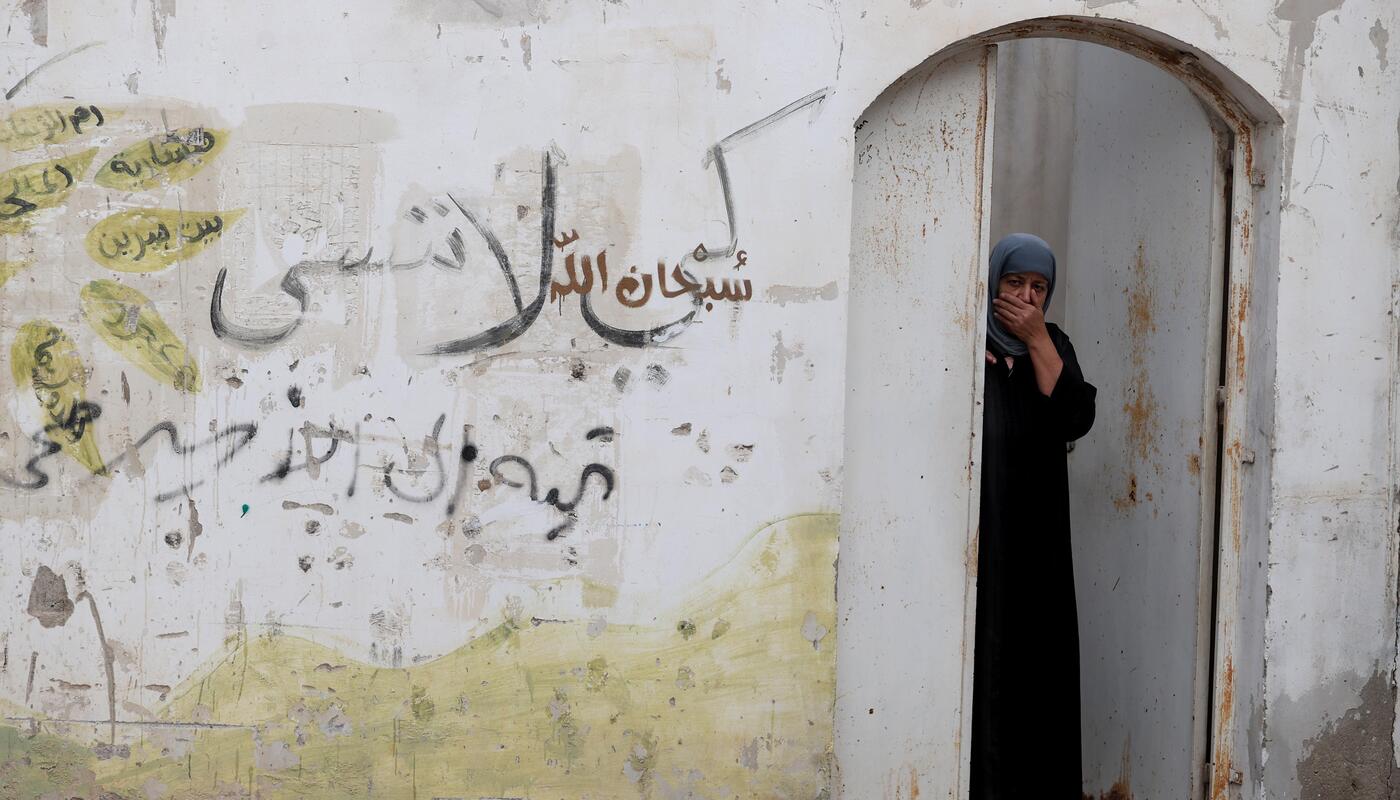
UNFPA has supplied medical equipment, including fetal dopplers and oxygen cylinders, to 11 emergency centres, in addition to supporting training for emergency obstetric care, so that health workers can assist safe births for pregnant women who cannot reach hospitals due to movement restrictions.
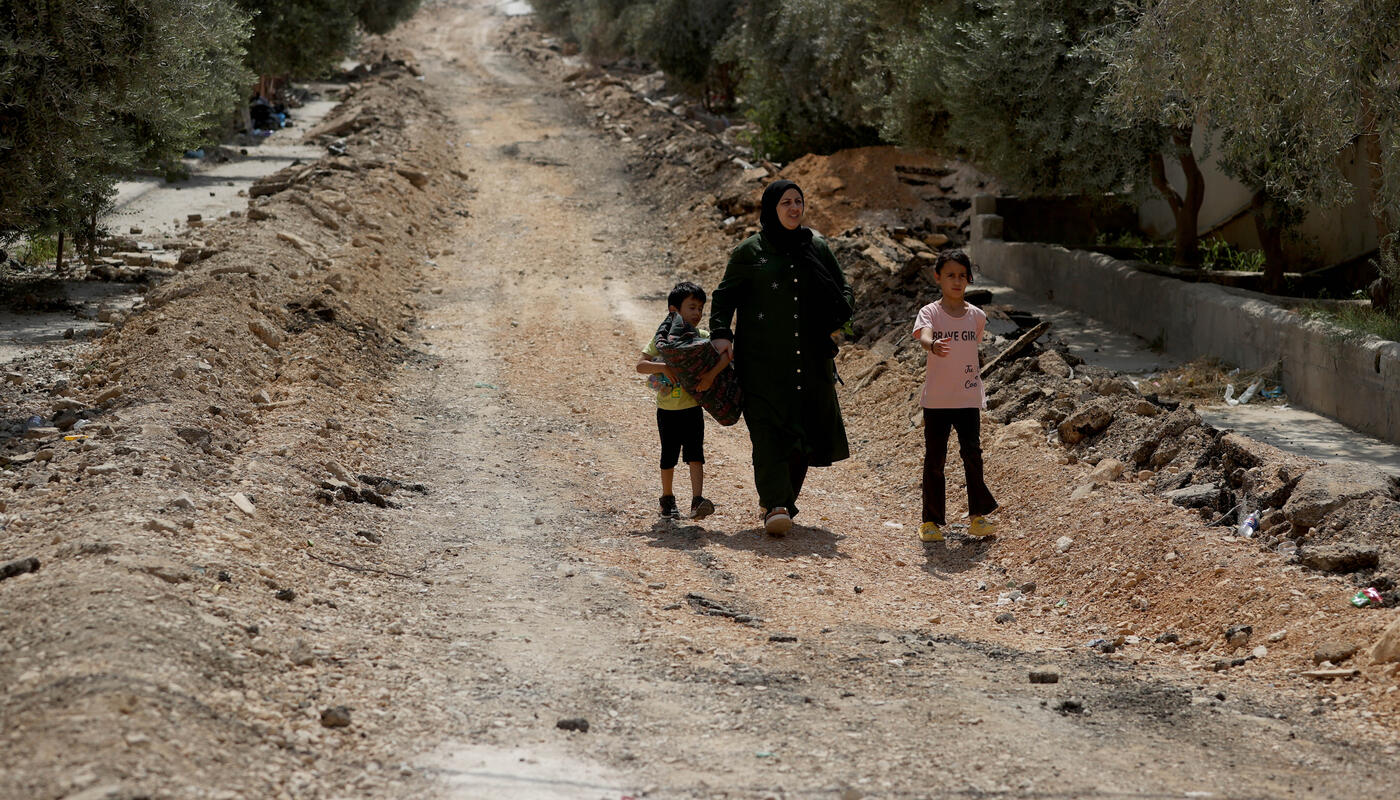
International law dictates that hospitals must never become battlefields. The safety of health and humanitarian workers must be guaranteed. Health workers and patients should not have to risk their lives to provide or to receive health services. “International humanitarian law and international human rights law must be respected,” Dr. Kanem has said. “Safe and unimpeded humanitarian access must be allowed to reach all those in need. We need peace now.”
If you would like to help support women and girls in the region, you can do so by donating to UNFPA here.
*Names have been changed for privacy and protection.
